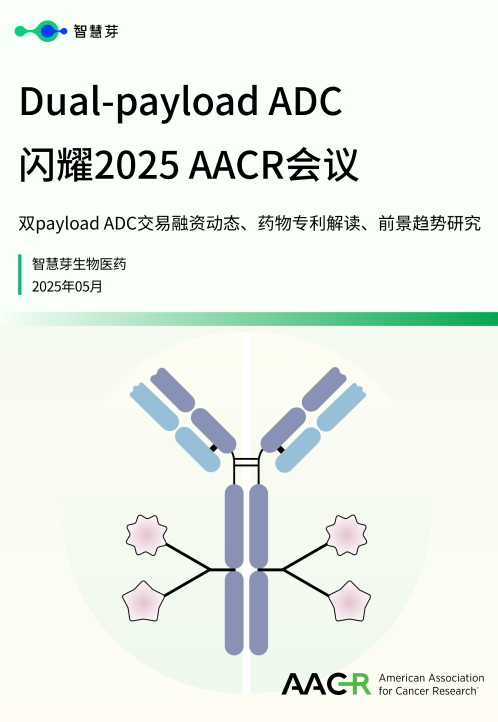预约演示
ICR study finds way to determine efficacy of experimental breast cancer drugs
2023-09-08
Researchers at The Institute of Cancer Research (ICR), London, have discovered a way to use a simple, non-invasive MRI scan to determine whether an experimental approach to enhance treatment for breast cancer is effective.
New research from tInstitute of Cancer Research (ICR)Cancer Cancer Research UK, could help doctors visualise tumours and speed up the development of targeted therapies for breast cancer. If successful, these drugs cobreast cancerhe effectiveness of other drugs administered in combination.
Common features of breast cancer includCancerssive connective tissue, which consists of tumoursnd fibres that provide a scaffold, known as the extracelbreast cancer(ECM), where tumours can grow.
Hyaluronic acid, whbreast cancerabsorbing water, is naturally present inside the tumour ECM and causes cancer tumours to swell, making it challenging for drugs to penetrate, reatumoursdestroy cancer cells.
However, when using experimental drugs targeting the chemical in this way, it can be difficult for researchers to identify the exact time when the acid has been degradetumourstherefore, it is a challenge to determine the best time to administer other drugs.
The researchers performed multi-parametric MRI scans on mice with breast tumours to track the efforts of PEGPH20, an investigational drug targeting hyaluronic acid, to gain measurements that provide additional information about the tissue being analysed.
Study leader, Simon Robinson, professor, magnetic resonance imaginbreast tumoursCR, London, said: "DiffusPEGPH20ghted MRI can be performed on convenhyaluronic acid MRI scanners. Our new research shows that we can use such scans to check if [experimental] drugs like PEGPH20 are working, helping guide treatment in a more targeted and non-invasive way."
The results suggest that PEGPH20 could make breast cancer tissue more accessible to chemotherapy drugs and could potentially improve treatment outcomes.PEGPH20
Upon further necessary tePEGPH20the researchbreast cancermprove the development of targeted therapies for breast cancer and potentially other tumours.
更多内容,请访问原始网站
文中所述内容并不反映新药情报库及其所属公司任何意见及观点,如有版权侵扰或错误之处,请及时联系我们,我们会在24小时内配合处理。
机构
-Eureka LS:
全新生物医药AI Agent 覆盖科研全链路,让突破性发现快人一步
立即开始免费试用!
智慧芽新药情报库是智慧芽专为生命科学人士构建的基于AI的创新药情报平台,助您全方位提升您的研发与决策效率。
立即开始数据试用!
智慧芽新药库数据也通过智慧芽数据服务平台,以API或者数据包形式对外开放,助您更加充分利用智慧芽新药情报信息。


